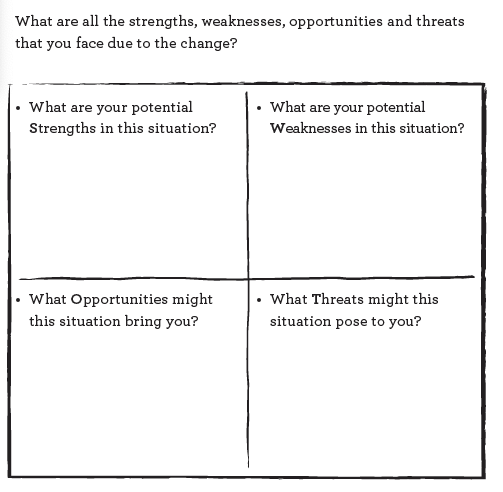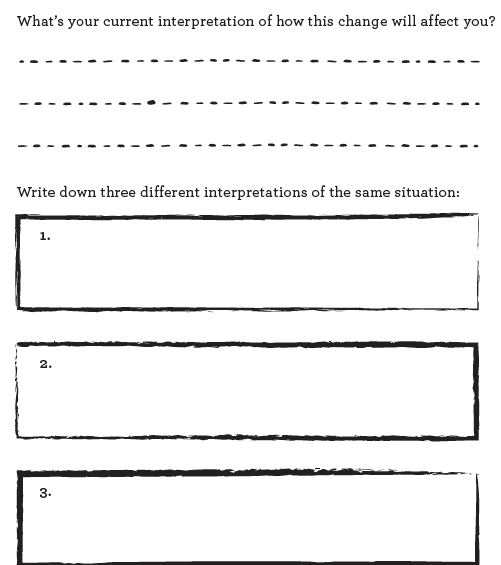
I love a good list, plan or mindmap – anything to structure an activity so I know what to expect and how to approach it.
However, life rarely goes the way (I think) I want it to, and I’ve learned that there are going to be (many) times when I need to pivot or change my approach.
Change can be difficult because it’s usually outside our control, and it’s ambiguous, in that we don’t always know what will happen after the change. That can bring up a lot of fear and anxiety.
Over time I’ve read, researched and experimented with ways to handle change when it happens. Here, then are three of the techniques from my book ‘Your Work Wellness Toolkit: Mindset tips, journalling and rituals to help you thrive at work’ to support you when life throws you a curve ball.
1. Let go of what was: Do a ‘Release Ritual’
It’s hard to let go of something when you were looking forward to it (I think we’ve had to cancel four sets of holiday plans this year because of someone being sick, so I get it!) but it also can be tough to move on and enjoy the alternative if you’re still stuck on ‘what should have been’.
You can help your brain here by creating a mini ritual to let it go, a ‘Release Ritual’.

2. Look at what is: SWOT it
Once you’ve released your grip on the old situation, it can help to analyse the change or new situation and understand it better. You can use the “SWOT” tool (common in business) to do this. SWOT stands for Strengths, Weaknesses, Opportunities and Threats.
Filling out these four boxes can help you to see the changes that are likely to happen in a more balanced way, rather than focusing on the negative as humans are programmed to do by our biology.

3. Consider what could be: Reframe
Once you’ve understood the change, you can think about other possible interpretations of the situation, in order to broaden your perspective and consider other ways to think about it. It’s time to revise, or even write a new plan.

Step by step
Change is hard for most of us, so practice self-compassion when you’re working through one. The three techniques about will help you think about past, present and future, until you’re able to accept – and maybe even embrace – the changes that come.








